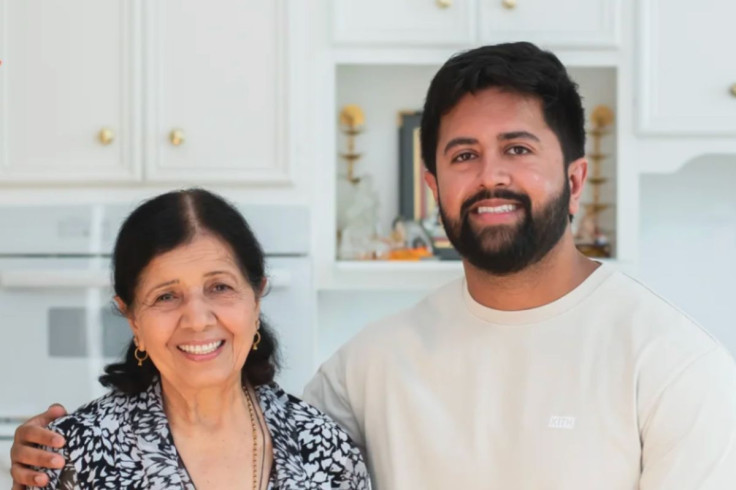After Glamorama's TikTok Purge, Meet The Snack Owner Who's On A 'Deinfluencing' Crusade
Daadi Snacks, a small South Asian snack brand, gains attention for satirical posts mocking influencer culture

Glamorama's sudden disappearance from TikTok has unsettled the influencer world, prompting speculation about what triggered the mass account deletions and what they reveal about the fragility of online celebrity.
Meanwhile, a commercial profile listed under the name 'Daadi Snacks' shows flavours such as Sweet Chai and Spicy Masala in its offerings, and a number of social media users have claimed that the brand posts satirical content about influencer behaviour.
Through short, sharply edited videos, Jay, the creator behind Daadi's social media presence, uses humour and criticism to question the excesses of influencer life. His clips have turned Daadi into a small but influential voice in a broader movement known as 'deinfluencing', which encourages audiences to question online promotion and resist overconsumption.
Daadi's Background and Products
Daadi, which means 'grandmother' in Hindi, began as a family business inspired by Jay's Gujarati grandmother's homemade masala popcorn. The site lists product details and customer reviews, indicating a small but active direct-to-consumer business.
The company's rise came not from conventional advertising but from Jay's parodies of influencer behaviour such as creators demanding free meals to others complaining about takeaway ice levels.
'I spent a year and a half compiling a list of thousands of influencers to reach out to,' Jay told journalist Kate Lindsay in Embedded. 'In the process I saw how self-important some of them were. After one particularly bad interaction, I decided to post my own videos instead.'
That shift turned Daadi's account into a form of social commentary. Many followers do not realise they are watching a brand, instead treating the posts as critiques of influencer privilege.
A Shift Towards 'Deinfluencing'
Jay's success coincides with a wider deinfluencing trend, where creators encourage audiences to rethink what and why they buy. While some frame the movement as a rejection of consumerism, Daadi's approach is more pointed, using satire to highlight how venture-backed brands dominate digital visibility.
'Big chains and VC-funded businesses are promoted at the expense of local ones,' Jay said. 'My aim is to talk honestly about small businesses and South Asian culture.'
@daadisnacks support @JLPATISSERIE #influencer
♬ original sound - Daadi
@daadisnacks support the queen @Danny #nyc #influencer
♬ Classic classical gymnopedie solo piano(1034554) - Lyrebirds music
@daadisnacks 8,000 followers acting like an A List celebrity is crazy #nyc #influencer
♬ Classic classical gymnopedie solo piano(1034554) - Lyrebirds music
Authenticity as Strategy
Jay insists he is not an influencer, even as his reach grows. 'Content creator, yes. Influencer, no,' he said. 'What matters is showing who we are, not pretending to be something we're not. When people see that, they want to try the popcorn.'
Daadi's page also promotes other small, long-standing businesses, contrasting with the polished aesthetics of venture-funded brands. This community focus has helped the company gain loyal supporters who view it as a platform for honesty rather than aspiration.
Online Branding
Daadi's story suggests that the next stage of social media marketing may be defined less by luxury and more by realism. As audiences tire of curated perfection, brands that balance humour with transparency may prove more durable than those chasing viral fame.
Glamorama's high-profile clash with a small bakery has reopened questions about the relationship between creators and local businesses. Daadi's case illustrates how some smaller companies attempt to convert critique into a marketing advantage, but it also highlights the difficulty of proving influence in the noisy world of social platforms.
© Copyright IBTimes 2025. All rights reserved.





















